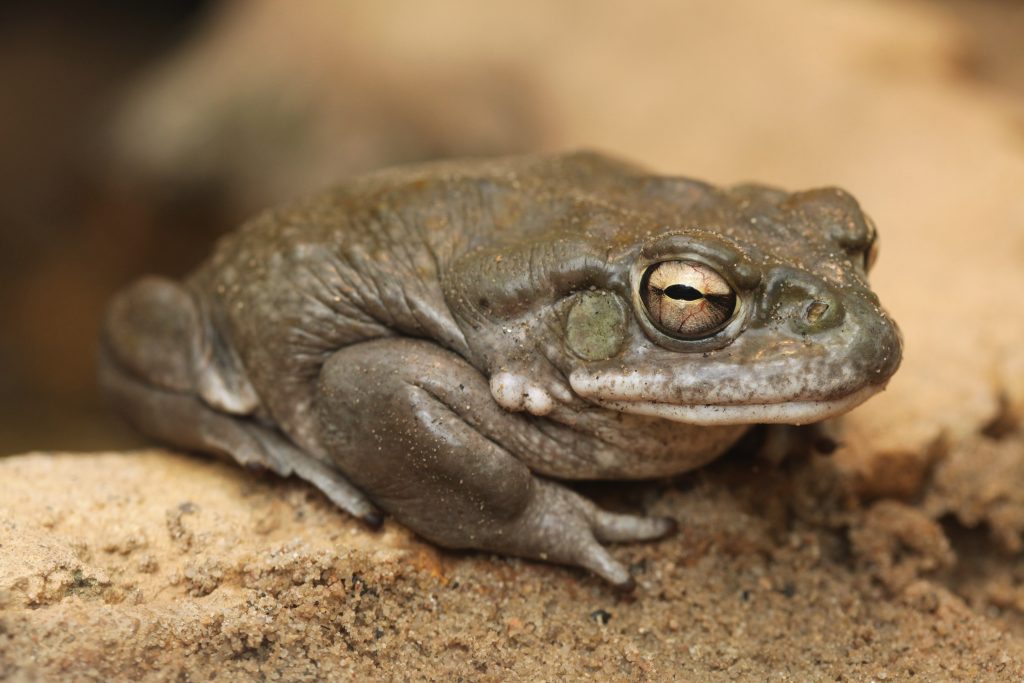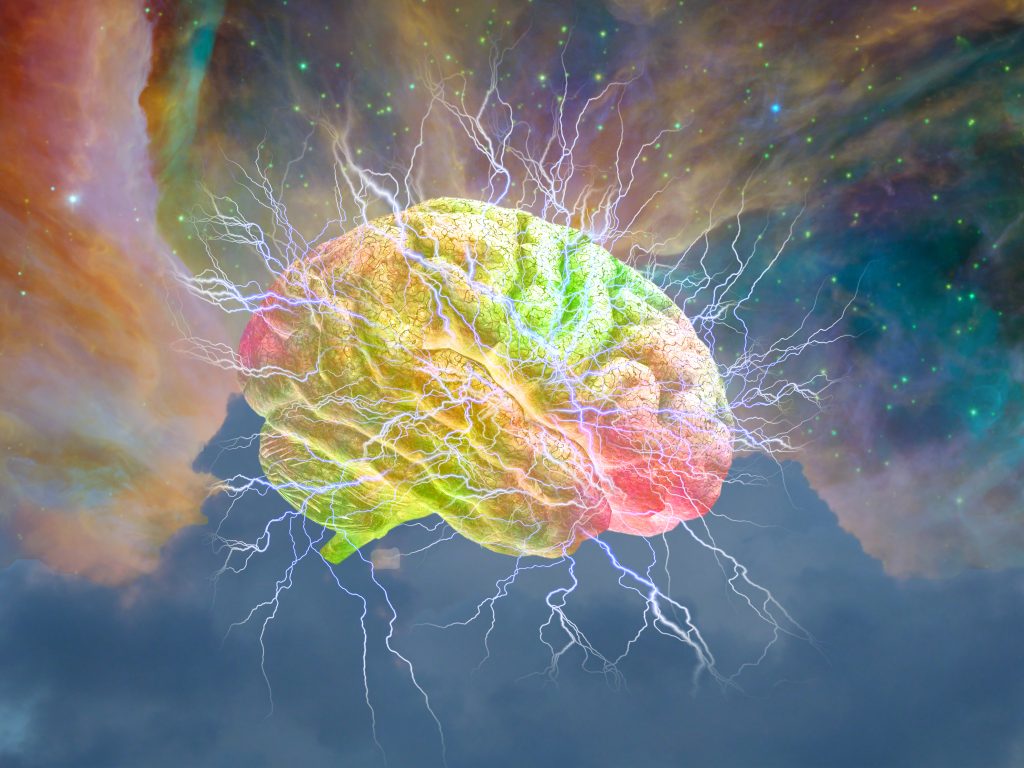Whether you’re in the mood for a subtle journey of self-discovery, or looking to be thrust into an alternate dimension where you quite literally no longer know what planet you’re on, ultimately, the goal of taking psychedelics is to trip on some level. While the majority of documented entheogenic experiences focus on the intensity of the trip, many people are disappointed to discover that psychedelics don’t affect them in the way they expected. There are numerous reasons why this could happen, ranging from physical, to environmental, to psychological – today we’ll focus on a few of the most common ones.
We cover everything important in the emerging industry of psychedelics, which you can read about in The Psychedelics Weekly Newsletter. Keep up with everything going on, and be the first to get access to new deals for psychedelic products as they come in.
What is a psychedelic trip?
Defined simply, or if you look up the term in an online dictionary, a “trip” can be described as a “temporarily altered state of consciousness”. This is accurate, but an incredibly lackluster explanation for something that can be transcendental and life-changing for many people. A “temporarily altered state of consciousness” can technically be achieved through the use of any drug that produces a “high”. Even sleeping puts you in a “temporarily altered state of consciousness”.
But psychedelic trips are different – they’re more sentient in nature. Trips can vary greatly in intensity, but they generally make you feel something. Psychedelics affect all the senses and can change a person’s thought process, and their sense of time, space and reality. They are known to produce auditory, visual, and sensory hallucinations; however, some users experience no hallucinations at all, but rather a sense of general well-being, connectivity, and euphoria. Numerous factors make tripping a very subjective experience. Dosing and setting, among other elements, can significantly impact a psychedelic trip, so you want to make sure that you’re doing everything possible to guarantee an uplifting and beneficial high.
Although a psychedelic trip can be achieved via meditation, sensory-deprivation, light therapy, and a handful of other methods; the easiest and most common ways to achieve this state of mind is through the use of psychedelic drugs. Psychedelic drugs, also referred to entheogens, are a subset of hallucinogens which contain compounds that can alter perception. The term entheogens come from Greek and can be roughly translated to mean “building the God within”.
To utilize these compounds to their full potential, a few things need to be kept in mind, all of which largely have to do with a concept known in the psychonaut world as ‘set and setting’. Set refers to your state of mind, while setting describes the environment of your trip. Psychologist and author, Timothy Leary, could not emphasize it more… “set and setting are of utmost importance when it comes to having a happy and therapeutic psychedelic trip,” he says.
So, why aren’t you tripping?
Say you and a friend both take 2 hits of acid, or you both eat a full eighth of shrooms. Your friend is high out of their mind, tripping complete with hallucinations and mysticism. You on the other hand, are a stone’s throw away from being completely sober. What gives?
The way psychedelics function in our bodies is not yet fully understood, so conversely, it’s even less understood why they don’t work for some people. For example, 5-MeO-DMT, a hallucinogenic compound secreted by the venom glands of the Sonoran desert toad (Bufo alvarius), is said to be one of the most powerful psychedelics on earth – but numerous people have reported relatively mild and composed trips while on it.

“After three doses, I was surprised to stay firmly on the ground, talking through the problems in my life,” said freelance writer and psychedelic researcher Suzannah Weiss. “5-MeO-DMT still gave me valuable insights and a feeling of inner peace and euphoria,” she mentioned.
LSD, or acid, is another one of these compounds that fits the bill. Despite its reputation as being stronger than psilocybin, it’s not unheard of for users to experience much less than expected when taking acid. I was one of those people. Out of the handful of times that I tried it, I never really “tripped” like my friends did, or like I have felt with other drugs. I felt giddy and happy, and when I tried to focus on certain things, they looked a bit wavy or kind of shifty; but overall, I didn’t feel much.
I have actually experienced more visual distortions on shrooms than acid, especially things melting and glistening. All this to say that a psychedelic trip is very much a ‘your-mileage-may-vary type’ of occurrence. Sometimes, it’s unexplainable, but other times, you can find some clarifications and there are steps you can take to mitigate these negative effects.
Physiological reasons
As far as physical reasons go, an immediately obvious one is that you might not have taken enough of the drug in question. “A lot of newcomers are appropriately concerned about the dose, so they take a low dose, and it’s not enough for them,” says James Giordano, professor of neurology and biochemistry at Georgetown University Medical Center. If you accounted for this issue and you know, without a doubt, that you have definitely taken enough drugs, then let’s move on to the next possibility.
There are some complex and defining differences in the way people metabolize drugs, or anything for that matter. Some metabolize drugs faster than others, and those people will quickly develop a tolerance to the active compounds. This is especially true when it comes to certain classes of drugs, and several studies have found that people tend to develop tolerance to psychedelics very rapidly. Also worth noting is that cross-tolerance was reported when study participants combined LSD and psilocybin.
And playing off that last concept of cross-tolerance, numerous other substances in a person’s system can impact their psychedelic trips. Antidepressants, or selective serotonin reuptake inhibitors (SSRIs), and benzodiazepines, are known to stifle the effects psychedelic compounds. Both of these categories of pharmaceutical drugs impact the nervous system and the enzymes that break down and process psychedelics. They can affect the length, quality, and intensity of a trip.
Not yet studied, but worth mentioning, is the possibility of preexisting conditions also influencing a psychedelic trip. What has been studied, is how preexisting conditions can make certain medications less effective, so it’s safe to assume that the same thing can occur with other drugs and substances as well.
All in your head? ‘Set’ the tone
Now back to set and setting. Again, set is your mental state prior to engaging in a psychedelic trip, and it’s one of the most important aspects of reaching that enlightened place most of us are aiming for. Your intentions, mood, spiritual beliefs, and perspectives are all fundamental to shaping your experience.

“Those who approach psychedelics from a spiritual perspective see deeper reasons why some appear unaffected by them,” says Tricia Eastman, who runs retreats with iboga, magic mushrooms, and 5 MEO DMT. “The mind sometimes blocks psychedelics’ effects because someone’s ego doesn’t want to go where the substance may lead them. People who are highly intellectual or who have histories of trauma are often more prone to this,” she added.
Clinically defined, your ego is the part of the mind that mediates between the conscious and the unconscious and is responsible for reality testing and a sense of identity. The ego is essentially comprised of all the thoughts, beliefs, and personal feelings accumulated over one’s life. These can be productive or limiting, but either way, they shape our personalities and the way we view the world around us.
Naturally, an overactive ego can be problematic, and because psychedelics challenge our existing views and perception of self, our egos can become threatened. To fully experience whatever psychedelic you’re taking, you need to be calm, comfortable, and willing to surrender yourself to the drug – because all your five senses will be activated. Letting your ego get in the way can significantly blunt the effects of any entheogenic substance.
Environmental factors: Get your setting right
And now, moving on to setting, or the environment in which you plan to trip. Early psychedelic studies that ignored set and setting found that participants were more likely to have negative experiences which included bad trips, or not feeling the psychedelic substance at all. On the other hand, when set and setting are properly accounted for, subjects reported more intense, yet more positive and enriching experiences.
For both, reasons of safety and satisfaction, where you choose to partake in your psychedelic journey is absolutely crucial. The general consensus is that it is best to avoid unfamiliar or uncomfortable situations, especially if you’re a novice user, and you should do everything possible to construct a relaxing and safe tripping environment BEFORE you start your adventure.
Setting also applies to the people you choose to be around while taking psychedelics. At best, being in the presence of bad company or people that make you uncomfortable can be awkward and unpleasant. At worst, hanging out with the wrong people while tripping can become a literal nightmare. I don’t know about you, but for me, vibes are everything. If I get bad vibes from someone when I’m sober, you had better believe those negative feelings will be amplified if I’m on psychedelic drugs. To make sure you have a peaceful experience, you absolutely must surround yourself with people you trust and feel completely safe around.
Conclusion
Again, there are some scenarios where the reason for your lack-of-tripping cannot be explained. For instance, I still have not been able to figure out why LSD does not affect me. I don’t and have never taken any kind of prescription medications that would interact with it, they weren’t bad batches because the people around me got high, and I don’t have an aversion to psychedelics because I have no issue tripping on other drugs… so the mystery remains unsolved. But in some cases, if you’re not feeling entheogens like you anticipated, consider one of the above listed reasons and see if there is anything that you can change in order to improve your experience.
Thanks for joining us! Welcome to CBDtesters.co/Cannadelics.com, your preeminent internet location for the most important independent coverage of cannabis and psychedelics-related news going on in the world today. Stop by regularly to stay informed on the fast-moving universe of cannabis and psychedelics, and subscribe to The Psychedelics Weekly Newsletter, for your daily dose of industry news.
Disclaimer: Hi, I’m a researcher and writer. I’m not a doctor, lawyer, or businessperson. All information in my articles is sourced and referenced, and all opinions stated are mine. I am not giving anyone advice, and though I am more than happy to discuss topics, should someone have a further question or concern, they should seek guidance from a relevant professional.









